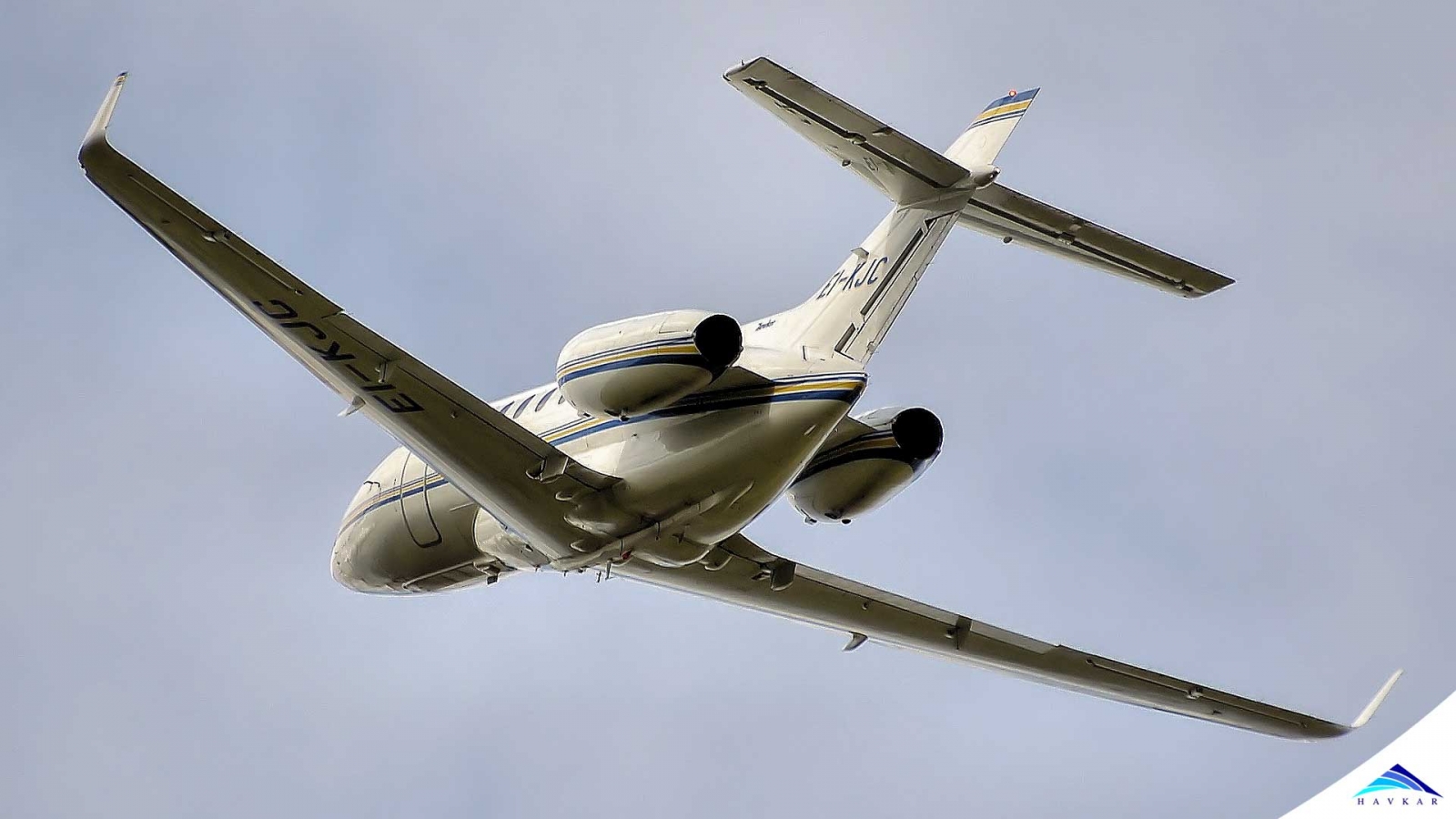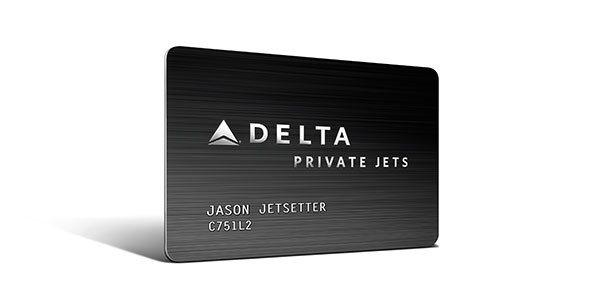
Decision about owning a plane depends on one’s budget and travel requirements. As a rule, owning a private jet makes financial sense for those who fly over 400 hours per year.
Nevertheless, most of the buyers who don’t travel that often, but they value the prestige and comfort of having an aircraft available at a few minutes’ notice. Also, buying a private aircraft allows the owners to customise interior and exterior, and to select their crew members. It is however a big investment, which should be well analysed.
The costs of buying and owning a plane depends mainly on aircraft model, age and condition. Jet prices range from less than $1m for a 30+ year old light jets, whereas a brand new heavy jet can cost well over $70m. Along with the buying price, there are brokerage, legal and inspection fees that should be taken into consideration.
Then, there are annual costs of operating the aircraft, including crew salaries, hangar, insurance, training, maintenance and repair costs, avionic upgrades and fuel, which typically ranges between $700,000 to $4 million per year. On top of this, there are variable fees, which depend on number of flights and destinations, such as landing fees and other airport charges. For this reason, many owners decide to charter out the aircraft to third parties when not being used, to contribute to the operating costs.
For those who fly less frequently, and their flights are often one-way trips, which cause hangarage fees and crew accommodation costs, it may make more sense to look at fractions or jet cards solutions.
Fractional ownership concept was first introduced in 1986, as an option to purchase shares of an aircraft, instead of buying the entire one. It is a solution for small companies that can't afford or can’t justify buying an entire aircraft, large corporations that use fractional ownership as a means of supplementing their own fleet, or often private individuals who prefer anonymity of a plane registered under the fractional company’s name. Fractional owners are guaranteed that the selected aircraft or another one of the same model will be available for their operations 24/7, usually with four to six hours’ notice.
Depending on requirements, one can purchase a fraction of an aircraft, paying certain percentage of the aircraft price; in proportion to the number of hours will be available for each year for the contract’s duration. There are also additional fees for flight hours those fluctuate with price of fuel and a monthly management fee for the administration and maintenance. However, with fractional programs owners know the costs upfront, and they can eliminate operational and management responsibility. Aircraft Management Company takes care of maintenance, flight planning, crew management, insurance, and catering.
Some of fractional jet ownership providers offer jet cards as a trial offer or as a supplement to an existing fractional share. Jet cards fill the space between air charter and fractional ownership, and are addressed to customers who fly fewer than 50 hours a year. They can offer some of the benefits of fractional ownership, without the capital investment and commitment of ownership. Private jet cards are similar to debit cards, with a prepaid amount or a pre-purchased number of flight hours, which are withdrawn from the account after every trip booking. Jet cards are increasingly popular and currently are offered by over 30 companies, with various membership programs.

There are differences between the programs, such as: hourly rates, aircraft types, minimum flight time per segment, guaranteed availability time, expiration, fuel surcharges, tax and de-icing inclusions, cancellation terms, and peak travel days rules, during which cardholders may face restrictions on access or added costs, based on their membership level. For multiple aircraft type’s users, it is best to consider a card program that has no interchange fees, like the one offered by Delta Private Jets, with access to four private jet categories. Another benefit offered by this provider is ability to use a jet card to purchase tickets on Delta Air Lines regular flights with a 20% discount and receive SkyMiles Diamond Medallion Status. Additionally, in selected airports the operator provides transfers between commercial and private flights in a Porsche SUV.
For those seeking no commitment and who fly only a few times a year, the most reasonable option is traditional air charter, with no upfront payments; other than the costs related to the flight one takes. Another convenience of this option is ability to choose the type of aircraft that fits exact needs for the trip. Also, there are no geographical restrictions for this solution, as charter can be arranged to any suitable airport. It requires however pre-planning, since it takes more time to select a carrier to operate required route and arrange the paperwork. Moreover, as opposed to full or fractional ownership or jet card, aircraft availability is not guaranteed for charter. Often the flights can get cancelled due to lack of aircraft owner’s approval. Air charter is also the most expensive option per flight hour.
There are aspects to consider while deciding whether to purchase an aircraft or its fraction, or maybe to go for more simplified options, such as jet card or air charter. The main factor is budget, however, required flight frequency and travel preferences should be also taken into account. Usually there is no single, perfect solution for frequent business jets fliers to satisfy all their requirements. Owning a plane gives a freedom of flying at short notice, but makes one limited to one aircraft type.
Fractional ownership requires lower investment, but has limitations in aircraft availability. Although jet cards are very user friendly, they don't allow much flexibility, and are not available in every country. Air chartering on the other hand doesn’t require financial commitment, but the quality of service and safety standards may vary with different operators. Consequently, many private jet owners often mix these products, supplementing aircraft ownership with a fraction, jet cards and air charter.